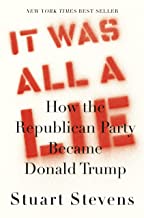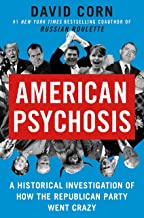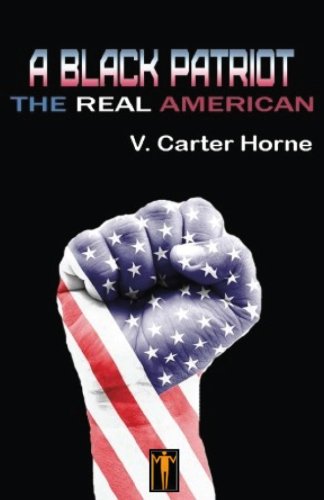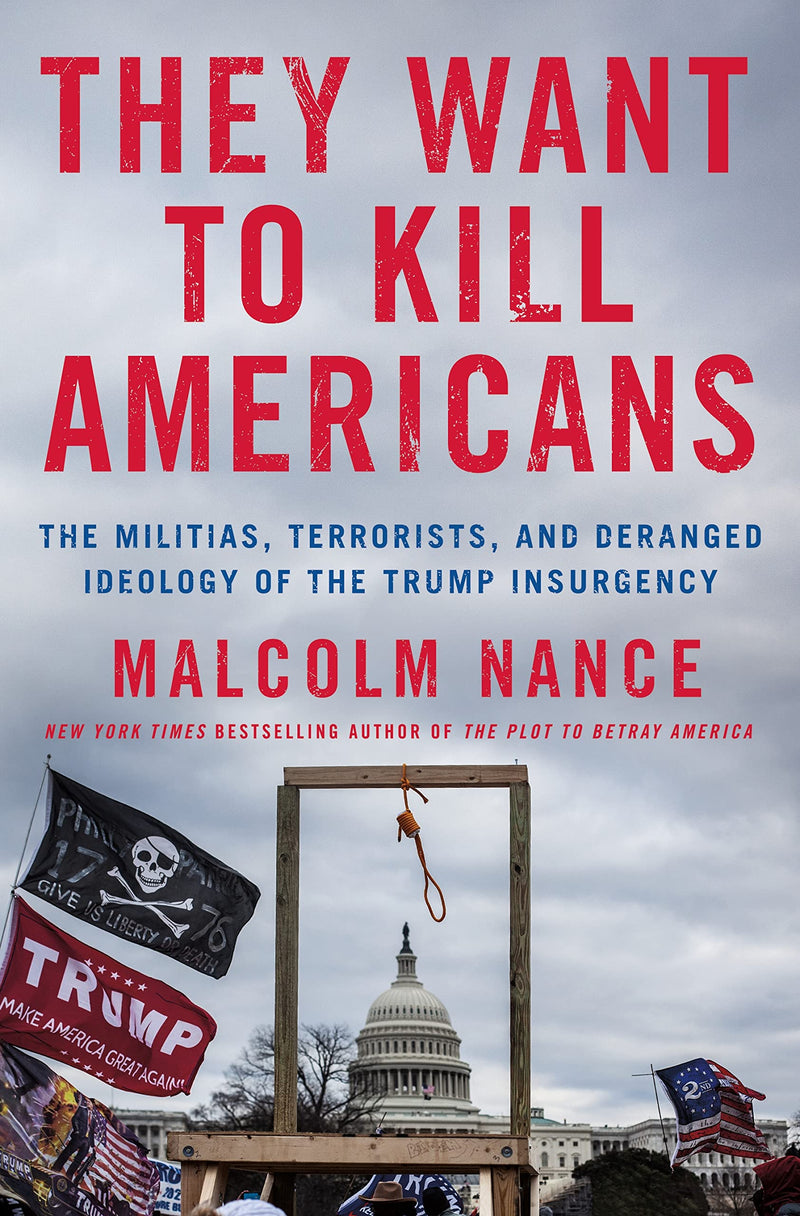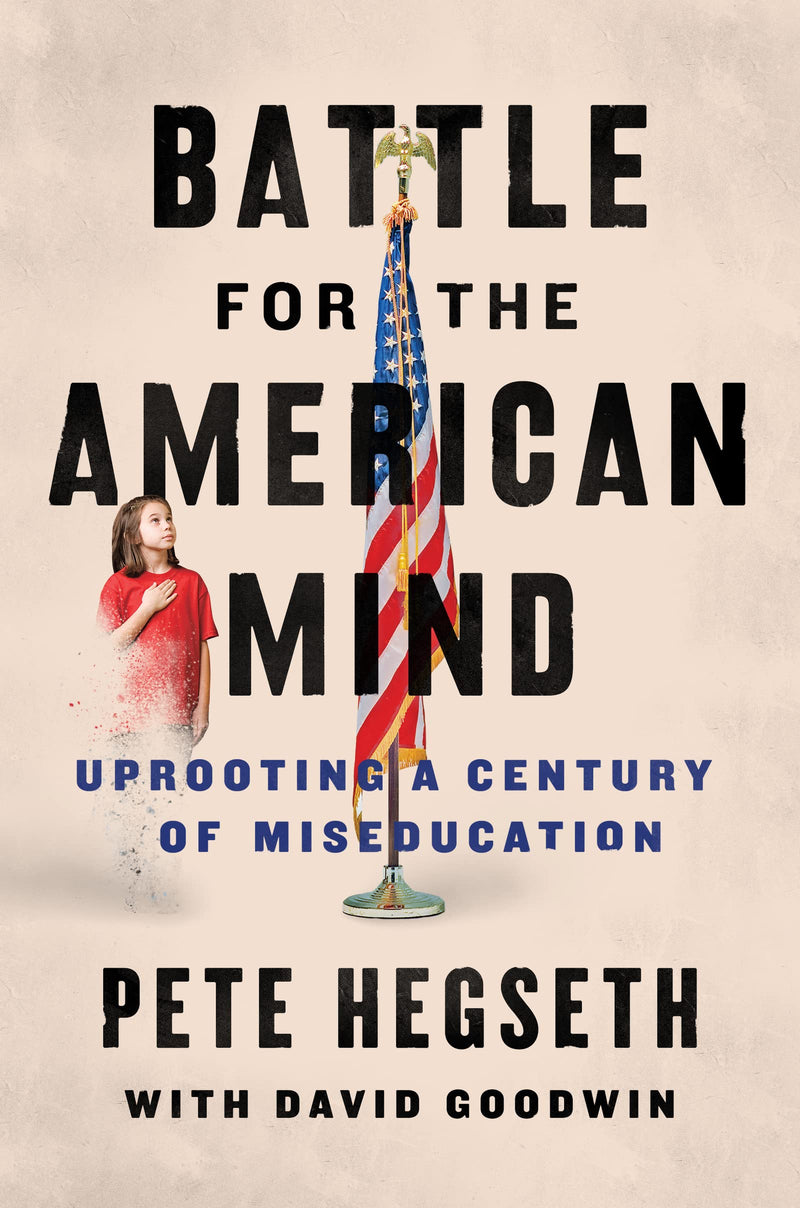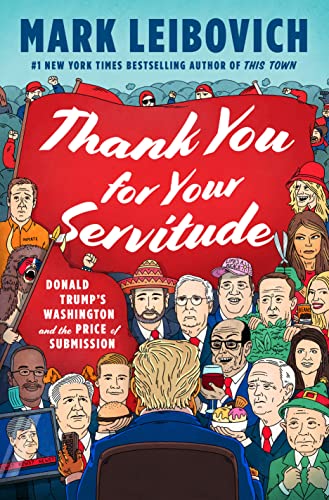"I looked it at like this way. To get folks to like you, as a screen player I mean, I figured you had to sort of be their ideal. I don't mean a handsome knight riding a white horse, but a fella who answered the description of a right guy." (Gary Cooper)
A lot of ink has been spilled covering the lives of history's most influential figures, but how much of the forest is lost for the trees? In Charles River Editors' American Legends series, listeners can get caught up to speed on the lives of America's most important men and women in the time it takes to finish a commute, while learning interesting facts long forgotten or never known.
Hollywood has never had a shortage of actors who thrived in one genre, whether it was John Wayne in Westerns or James Cagney in gangster films, but few had success across the entire spectrum like Gary Cooper, who managed to earn five Academy Award nominations despite an untimely death that cut short his career. Those nominations came for comedies, Westerns, and dramas, with wins for High Noon and the World War I film Sergeant York. Given his accolades, a career that included roles in over 100 movies, and his immense popularity in the 1940s and 1950s, it's no wonder the American Film Institute ranked him the 11th greatest actor of the 20th century.
In his typical manner, Cooper was often dismissive of his success and acting as a craft in general, but few represented the idea of understated masculinity and heroism quite like him. In his most famous role, as marshal Will Kane in the iconic Western movie High Noon, Cooper's understated style personified the notion that a hero was made of deeds, not words. Cooper became the beau ideal in other films, whether playing Lou Gehrig in The Pride of the Yankees or Alvin York in Sergeant York.








